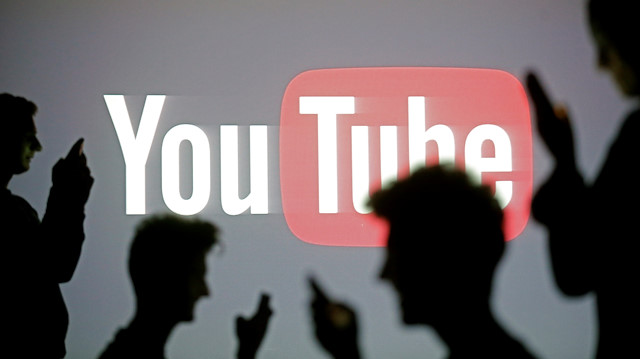
YouTube said it welcomes governments in its revenue-sharing program and does not bar disinformation.
"We don't treat state-funded media channels differently than other channels when it comes to monetization, as long as they comply with all of our other policies," YouTube spokeswoman Alex Krasov told Reuters. "And we give users context for news-related content, including by labeling government-funded news sources."
The Russian-sponsored YouTube channels come from government ministries and state media networks, some dating back 13 years, according to Omelas, which based its research on a public database from the European Union of online disinformation sources.
The channels listed by Omelas, of which NTV was the most viewed, contain nearly 770,000 videos, including singing competitions, talk shows and news clips, some more clearly biased or inaccurate than others. A few of the channels are in English, French or other languages but most are in Russian.
YouTube mostly generates its revenue from selling ads placed adjacent to, before or during videos on its service. Some Western advertisers, which were unaware their ads were appearing on Russian channels, told Reuters they were concerned about being associated with questionable content.
Grammarly, an online grammar-checking service whose ads appeared on Russian channels with deliberately misleading news, told Reuters it would never knowingly associate with misinformation.
"We have stringent exclusion filters in place with YouTube that we believed would exclude such channels, and we've asked YouTube to ensure this does not happen again," spokesperson Senka Hadzimuratovic said in a statement.
Other ads reaching viewers on Russian-funded conspiracy videos came from insurer Liberty Mutual, the European Central Bank and software firms Adobe Inc, Yandex NV and Wix.com Ltd, according to research by Omelas and Reuters.
The ECB, Adobe and Yandex declined to comment. Liberty Mutual and Wix did not respond to requests for comment.
John Montgomery, a global executive vice president at ad buying company GroupM, said advertisers can set filters to automatically avoid supporting some objectionable channels but they are imperfect.
"Disinformation is probably the biggest challenge we’ve got on the internet today," he said.














